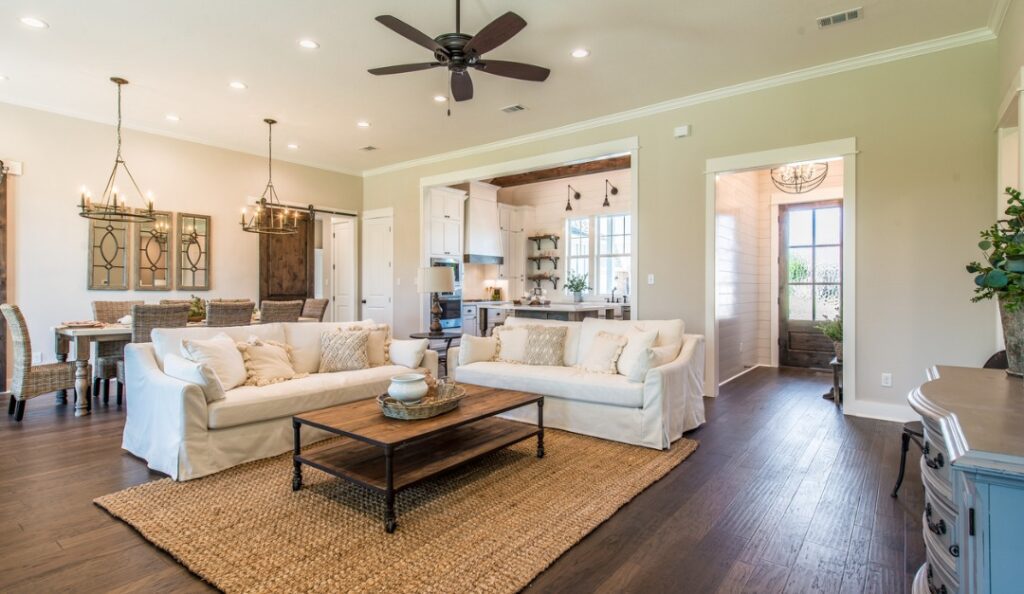Whether youre designing a living room from scratch or making updates to your existing space, tackling an entire room can be an overwhelming endeavor. Considering the layout, colors, style, lighting, accessories and more are all essential factors in creating a thoughtfully designed space. If youre looking for guidance on designing your own living room, follow these foolproof tips to design a functional and beautiful space.
Determine the Function
The first step to take when youre creating a new living room is to think through how you will realistically use the space. Whether its a space for the family to gather for movie nights, a room to entertain guests or an area to play and relax, establishing the function of the space is the foundation for how the whole room will come together.
Create the Layout
Space planning the room should come before selecting furniture, colors and accessories. This will help you create the most functional and helpful layout that maximizes the space. Taking thorough measurements of the room will help you assess where the furniture should go, how large the rug should be, where to hang art and other design decisions. Remember that you should select a focal point and design the space around the central point. Also, all seating should have an end table or easy access to a coffee table, ideally a light source, such as a floor or table lamp.
When sizing a rug, at least the front two legs of all seating should be on the rug, ideally all of the legs. In addition, there should be approximately three feet between the larger pieces of furniture to create comfortable walkways, and the coffee table should be approximately 12 inches away from the sofa.
Select a Color Palette
Choosing your color scheme for the room will help you hone in on furniture pieces in that palette to create a cohesive look. A tried and true decor rule for selecting a color palette is the 60-30-10 rule. This means that 60% of the room should be the primary color, 30% should be a secondary color and 10% should be an accent color. This might mean blue-white-green, green-blue-pink, white-tan-blue, among countless other color combinations.
Shop for Furniture
You can begin shopping for furniture pieces that fit within the measurements using the layout. Selecting the rug and the sofa first are the best starting points. The rug can help set the aesthetic for the room, and the sofa is typically the largest and most significant piece of furniture. Once those two primary pieces are selected, you can begin choosing additional seating, tables and other accent pieces.
Layer in Lighting
Every room should have a variety of lighting, including ambient, task and accent lighting. This could blend of overhead lighting, table and floor lamps, and wall sconces.
Accessorize the Room
Accessorizing the room is the final step. The most interesting spaces are a blend of personal items, meaningful art, subtle family photographs and accessories collected over time.
Published with permission from RISMedia.



